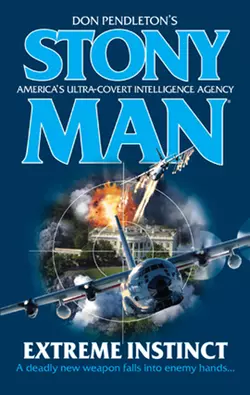Extreme Instinct

Don Pendleton
Тип: электронная книга
Жанр: Ужасы
Язык: на английском языке
Стоимость: 458.46 ₽
Статус: В продаже
Издательство: HarperCollins
Дата публикации: 16.04.2024
Отзывы: Пока нет Добавить отзыв
О книге: Hidden in the rolling hills outside Washington, D.C., is the hardsite of America′s ultra-covert antiterrorist organization, Stony Man. A force of dedicated commandos and cyberwarriors, this elite, handpicked unit effects surgical strikes against the many faces of evil.Their jurisdiction is anywhere trouble takes them. Their duty to serve and protect. Their missions–completely deniable.It begins with a tactical nuclear explosion in Russia. Evidence points to the Chinese, who claim it′s a Russian trick. For Stony Man, it′s the start of the ultimate nightmare as the two countries amass firepower and troops. Soon more staggering explosions rock nations around the globe. At the heart of the horror is stolen tech–a nonnuclear Fuel-Air explosive «T-bomb.» Cheap, powerful and clean, it′s fallen into enemy hands. As cities crumble under its force, the teams track the covert and traitorous factions wreaking havoc in a game of world domination.